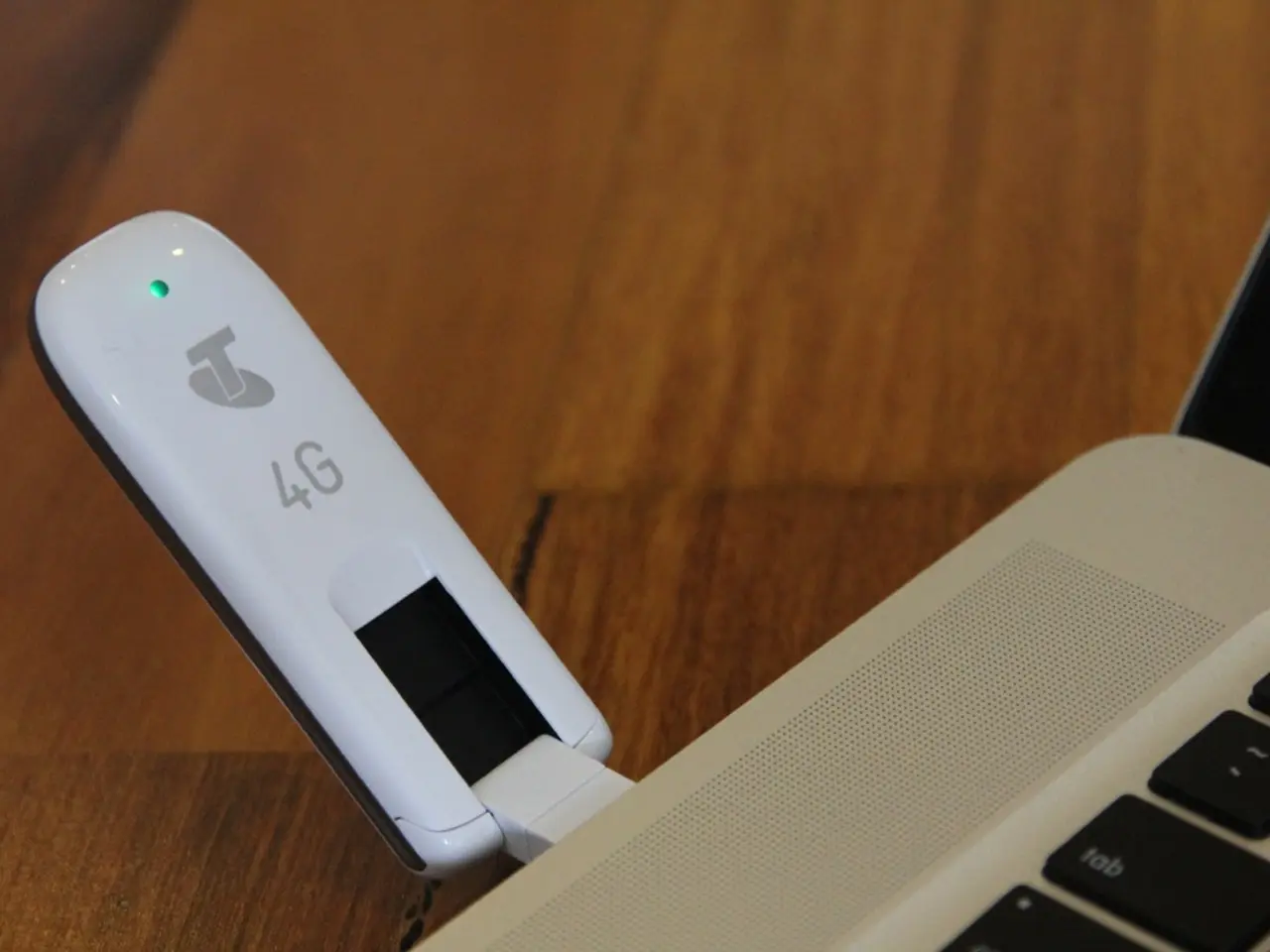Assessment of the LattePanda Mu Network Attached Storage Carrier
The MuBook, an open-source carrier board for the LattePanda Mu SoM (System-on-Module), has been optimized for Network Attached Storage (NAS) systems, boasting 4 SATA and 2 NVMe ports. This board, available on GitHub (https://github.com/LtBrain/MuBook), is designed with ease of assembly and cost-effectiveness in mind, making it an attractive choice for NAS enthusiasts and manufacturers alike.
The MuBook is built upon the Lite Carrier KiCad project, an open-source design initiative by the LattePanda team. The designer made non-extensive modifications to the original design, ensuring a practical footprint for an x86 NAS board, while also simplifying assembly processes. This approach not only facilitates easier ordering but also streamlines the assembly process, even at manufacturers like JLCPCB.
The design improvements focus on high-speed PCB (Printed Circuit Board) techniques, ensuring optimal performance for NAS usage. Key modifications include rerouting REFCLKs for M.2 sockets to travel over ground throughout, adjusting the VDC polygon to avoid interruptions of differential pairs, and moving some VDC layer tracks to B.Cu and F.Cu. These changes contribute to a carrier board that is well-suited for NAS applications.
Furthermore, the designer addressed several issues that could potentially complicate assembly and manufacturing. For instance, the SATA connector footprint from Digikey was found to have non-plated holes, which were rectified in the MuBook design. Additionally, a few nets were designated as No Connection (NC) due to conflicting SATA port names, and the hole-to-copper distance was set to 0.15 mm due to inheritance from LattePanda carrier files.
To further enhance the user experience, the GitHub repository initially containing a significant amount of binary files was streamlined, reducing download times. A .gitignore file was also added to prevent future growth of hefty auto-generated files. Moreover, some items on VDC were moved from the VDC polygon layer to the opposite inner layer, and 0.4 mm / 0.3 mm vias were changed in the design with no extra DRC errors.
In summary, the MuBook is a cost-effective, easy-to-assemble carrier board optimized for NAS usage. It is based on the Lite Carrier KiCad project, leveraging a known working design to reduce work and errors while improving high-speed PCB design skills and knowledge. The GitHub repository (https://github.com/LtBrain/MuBook) contains the latest changes, ensuring that users have access to the most up-to-date design.
The MuBook, available on GitHub, is not only cost-effective and easy to assemble but also well-suited for home-and-garden, lifestyle, and data-and-cloud-computing enthusiasts due to its optimization for Network Attached Storage (NAS) systems. The design improvements focus on high-speed technology and PCB techniques, making it a perfect choice for these applications.



